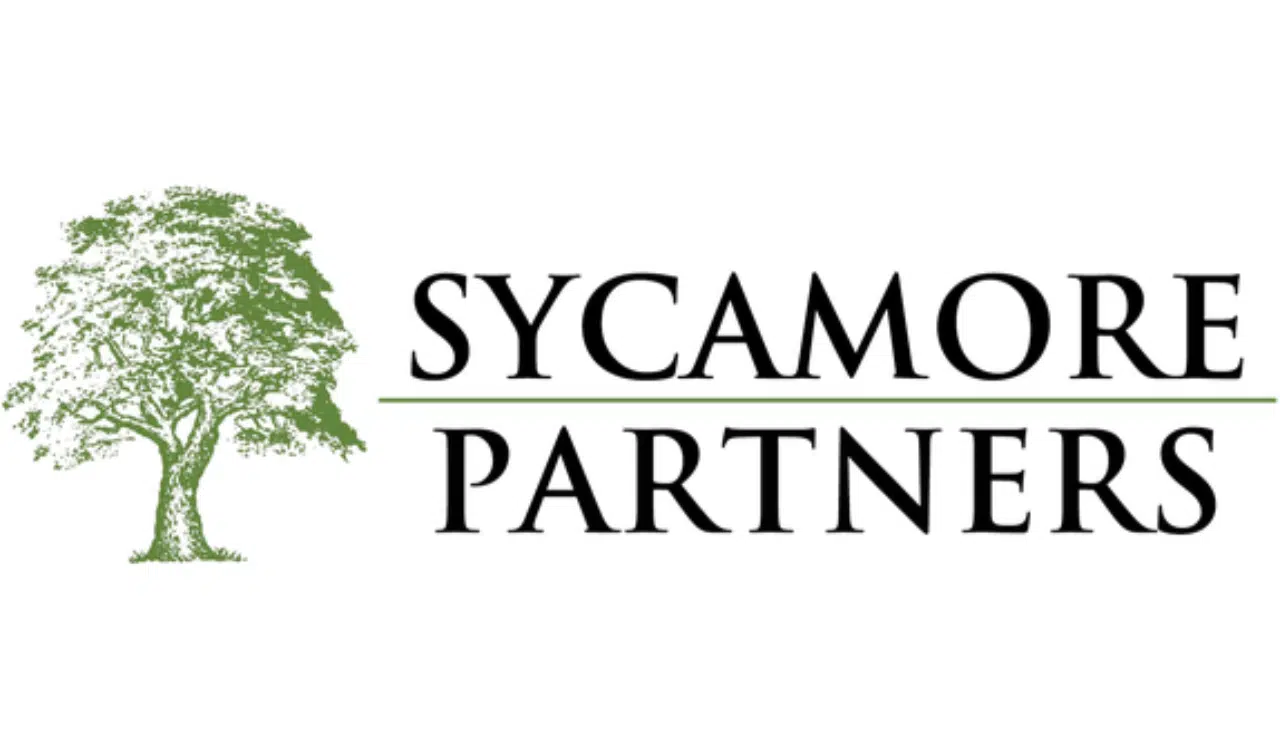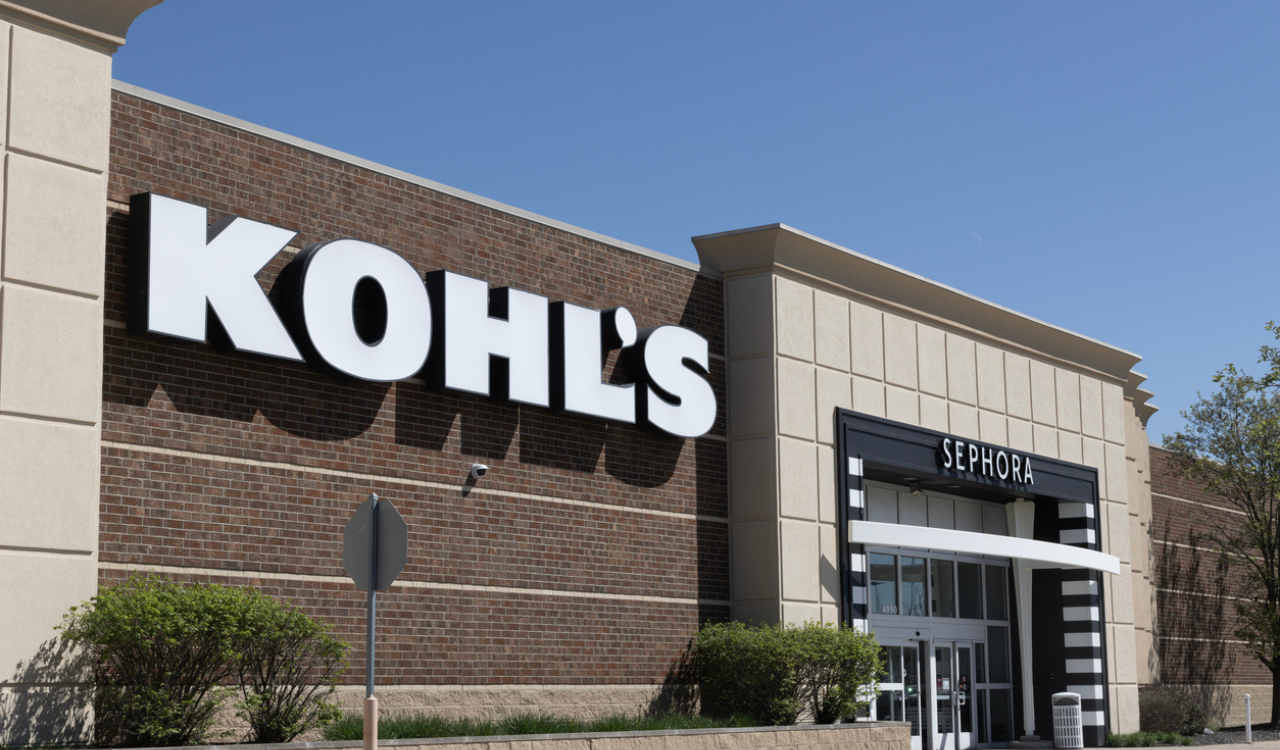It’s one of the biggest retailing corporations in America with holdings across a broad cross-section of the landscape, from department stores and drug chains to apparel specialty brands and home improvement. Its holdings range from household names to back-office providers that do some of the heavy lifting behind the scenes in the retail world. And trying to get any details out of them on what the master plan might be is pretty much impossible.
Sycamore Partners, the New York-based private equity investor with about $11 billion in what it calls “committed capital,” has parked much of its money in the retail sector since its founding in 2011. Not every investment has been a home run, but that misses the PE business model point: For every couple of losses there are one or two big winners that more than make up for it.
Prior to the Walgreens deal, Sycamore’s biggest retail holding was Staples, which is estimated to do about $8 billion a year in sales and was acquired in 2017 for about $6.9 billion.
Do the Math
Right now, with its recent deal to buy Walgreens and The Boots Group, its portfolio could fill up a wing or two of just about every major mall in the country: Torrid, Lane Bryant and the KnitWell Group which includes such well-known nameplates as Talbots, LOFT, Ann Taylor, Chico’s, White House Black Market and Soma. There are also other bits and pieces scattered around the retail landscape including the Rona home improvement operation in Canada and MGF Sourcing and Rithum on the back-office side of the business. Prior to the Walgreens deal, Sycamore’s biggest retail holding was Staples, which is estimated to do about $8 billion a year in sales and was acquired in 2017 for about $6.9 billion.
It also retains some ownership in Belk, which it had operated since its 2015 purchase but subsequently sold controlling interest to KKR and Hein Park in 2024. Over the recent years, it also exited several other retailing holdings, including Aeropostale, Express, Stuart Weitzman, Jones New York, Dollar Express, Coldwater Creek, NBG Home and EMP in Europe.
A rough back-of-the-envelope calculation shows Sycamore controlling about $160 billion in retail sales around the world, the vast majority of it in the United States. That would rank it as the sixth largest retailing entity in the country, behind Walmart, Amazon, Costco and Kroger.
Along the way, Sycamore has accumulated its more than fair share of criticism for its classic PE tactics, including extracting generous management fees, saddling investments with excessive debt and generally failing to enact a sound business model that leads to a successful company in the end. Previous casualties under Sycamore’s watch have included Belk (it remains a minority shareholder), Nine West and Limited. The latter two continue only as brands sold at third party-retailers.
And in the big black hole that is private equity, it’s hard to see how brands like Staples and Hot Topic that had their share of troubles as free-standing companies are currently doing. Sycamore, as mentioned, is not very chatty and didn’t respond to inquiries for comment for this story.
Sycamore by the Book
As with many private equity investors, Sycamore’s overriding business philosophy sounds noble enough: “Sycamore Partners’ strategy is to partner with management teams to improve the operating profitability and strategic value of their businesses. We provide flexible capital structured for each investment to position companies to succeed.”
On its website it lists six areas of concentration for its investments: Omnichannel Retail & Ecommerce, Food & Beverage, Consumer Products, Multi-Unit Retail Services, B2B Distribution and Travel, Leisure & Hospitality. The Walgreens Boots Alliance is by far its largest holding now, with retail sales topping $147 billion across the U.S. and Europe. It paid close to $10 billion for the formerly public company and says it will operate it as five separate, standalone entities, largely divided by retail and health services units. While such a structure might suggest eventual spin-offs or sales of some of these parts, right now it’s all about synergy and in fact potentially integrating other Sycamore holdings in the health space.
Firmly Planted in Retail?
So, how does Sycamore compare to other private equity players. Certainly, it’s smaller than giants like Blackstone and KKR, yet it has as large a presence in retailing as perhaps any firm. The folks at Google AI have this to say about Sycamore: “Sycamore Partners is special because it is a private equity firm that exclusively focuses on struggling or undermanaged consumer and retail businesses, employing bold, sometimes controversial, strategies like cost-cutting and restructuring to extract value.
The firm is known for its deep retail expertise, particularly under co-founder Stefan Kaluzny, but also faces criticism for negatively impacting workers and a history of using debt to fund dividend payouts. Its strategy has led to both significant success and notable failures, including bankruptcies and legal disputes.”
Fair enough, but you could pretty much say that for just about any other PE player.
What stands out, however, is this: Sycamore is a very, very big player in the retailing business and when you are trying to figure out what’s going on in the industry and who is pulling the strings, you simply cannot fail to include it. And one suspects Sycamore is far from done expanding into the retail world. This is one tree that keeps on growing.





